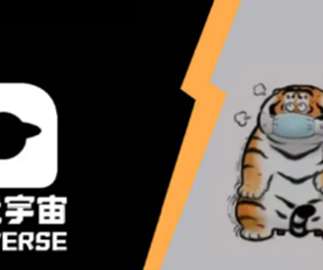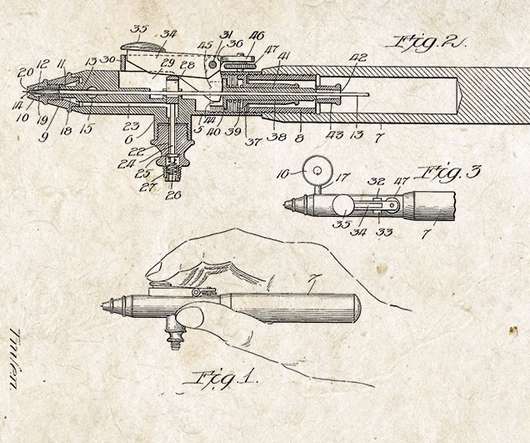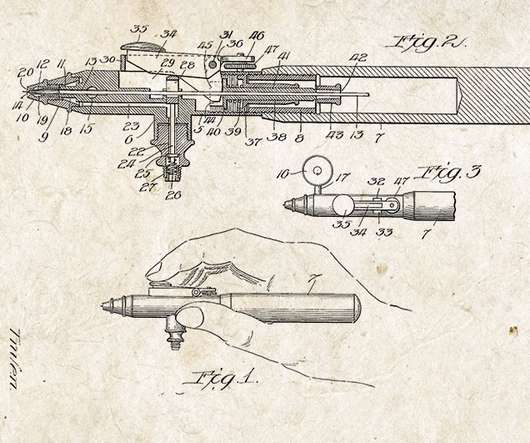IP Protection of NFTs: A Comparative Look at the US and China
IP Tech Blog
JANUARY 4, 2023
In turn, this attracts interest from businesses ranging from fashion and sports brands, sport teams, designers, game developers, and other content owners. As it may be inferred from the Chinese name “Digital Collection” (数字藏品, the “DC”), most NFTs in China assume the form of works of art, photographic works, etc.












Let's personalize your content